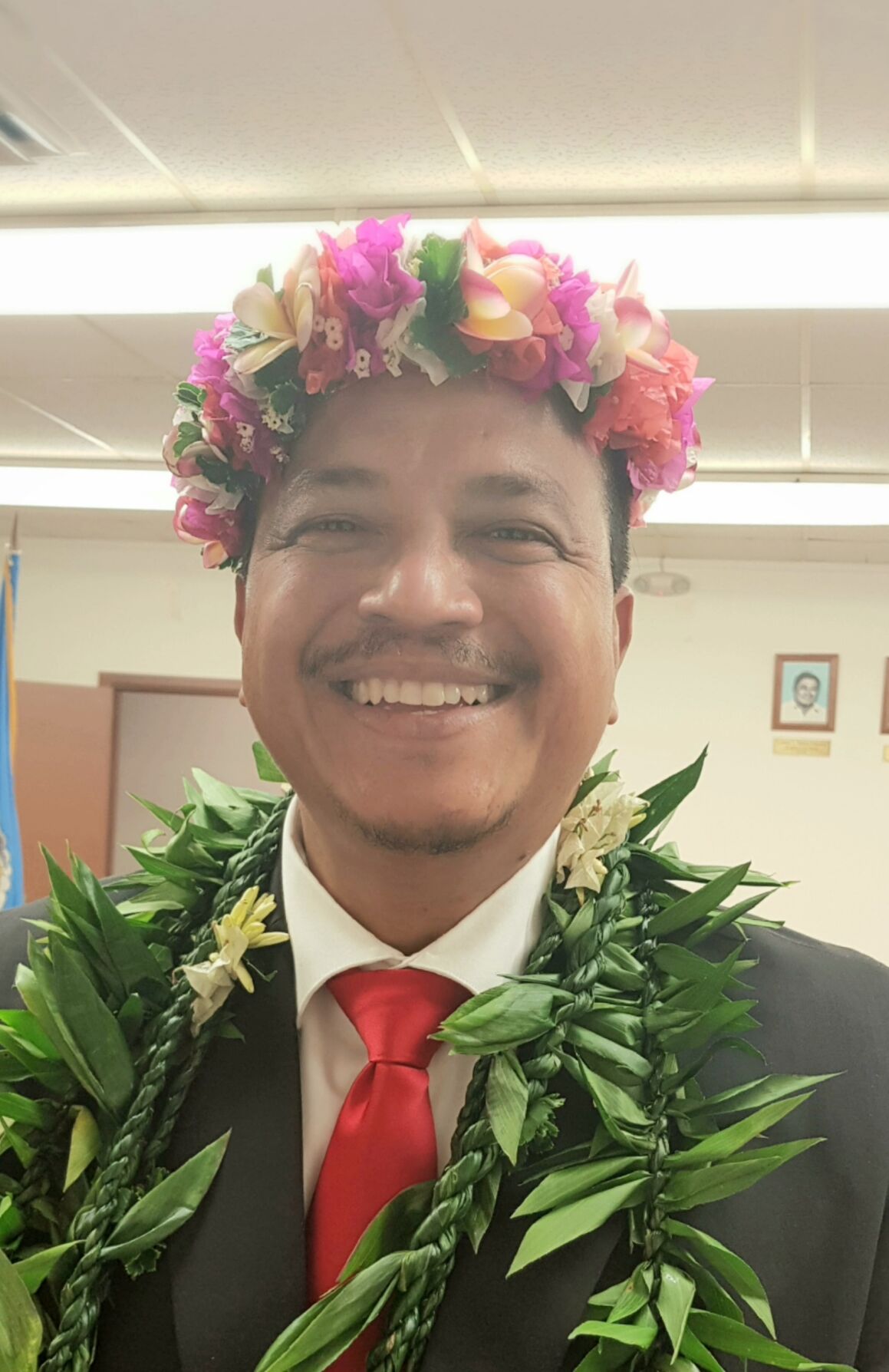SENATE President Jude U. Hofschneider is no longer pushing for the passage of his Senate Legislative Initiative 22-1 which proposes to remove the restriction on the alienation of land in the CNMI to allow landowners of Northern Marianas Descent to fully exercise their real property rights.
Hofschneider has asked Senate Vice President Justo S. Quitugua, who chairs the Senate Committee on Resources, Economic Development and Programs, to file or shelve S.L.I. 22-1.
“My intention was not to create chaos in our community but more so to give the ultimate definition of ‘private’ land to our people,” Hofschneider said. “I was offering an option and not an absolute mandate. I am a firm believer of individual rights on all fronts and that includes land.”
A legislative initiative is a proposal to amend the Constitution and must be passed by three-fourths of the members of each house present and voting. The governor cannot veto a legislative initiative, but it must be approved by voters.
“Whereas all of our neighboring countries have advanced exponentially to achieve the highest form of economic prosperity, I thought that we should also consider the possibility of opening up to this challenge and be at par with the rest of the countries that we are associated with,” Hofschneider said.
“It is unfathomable, to say the least, that our main source of income to sustain and carry forth our economy (tourism), which has been the main source of our economy for a number of years, will never be frustrated and impeded. Well, it happened, and as your representative, it is my duty to look into ways to counter these unfortunate circumstances and try to find ways to generate economic interest not only within but from outside sources,” he added.
“Our land, air, and sea are our only assets to market other than our human resource. So, having seen the ups and downs over the last several years, I thought perhaps it’s time to ask the people to consider this option.”
Hofschneider noted that the United States’s biggest asset is its “openness.”
“Free enterprise, constitutional rights for its people, [and] an enormous sphere of influence. These are the ingredients that made our nation the most powerful and stable nation in the world. I am a believer in this and that is why I explored the option to sponsor such a measure to ask the public if we are ready to open up,” he said.
He thanked everyone for raising legitimate concerns during the public hearings held on Rota, Saipan, and Tinian.
“I thank the people who participated…and also those that had a position but elected not to participate. All are appreciated. I ask that all of you continue getting involved in our community in a positive way and [to] use that passion to help our community stay positive and make things better for all of us,” he said.
“Although [we will put the] measure to rest, the issue with our economic recovery remains. We need to diversity and find ways to ensure that the government’s obligation to the public is met year in and year out. Find that niche where we can stabilize and be sustainable for years to come. It is evident that we cannot rely on tourism alone. The challenges are real.”
Hofschneider said it is common knowledge that a vibrant business climate equates to more revenue for public programs and services.
He thanked the Senate Committee on Resources, Economic Development and Programs for its work, the staff for their support and guidance, and the people of the CNMI for their participation.
“By virtue of this statement, the Senate will move forward from this issue,” he said.

Jude Hofschneider










